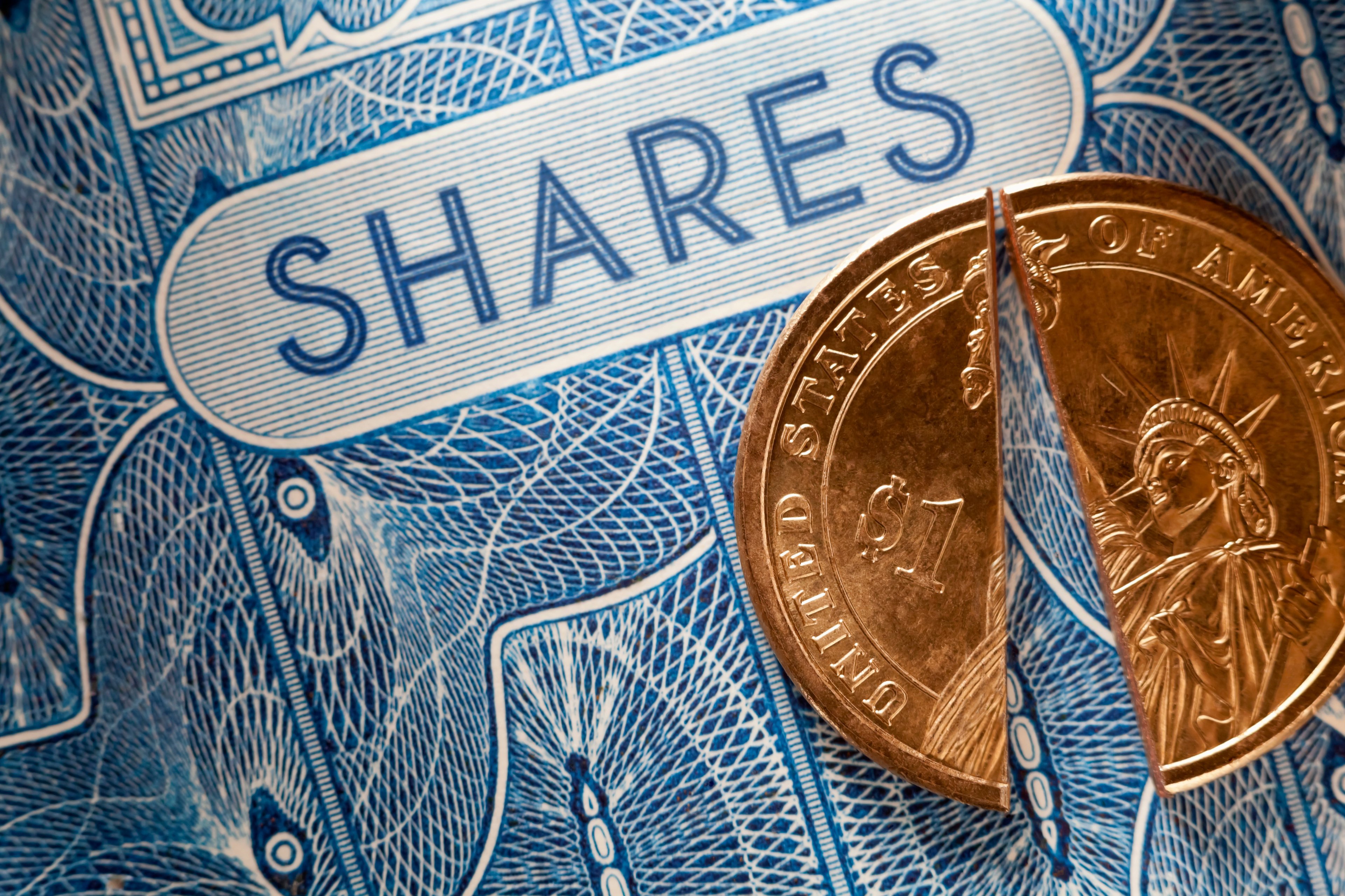Virtual reality will soon change the way that people see the world. Variations of the technology have been put forth numerous times over the past few decades, only to quickly fizzle out, but it looks like things will be different this time. Head-mounted displays are being put forth as the next revolutionary step for visual media, but their potential uses extend far beyond entertainment.
Facebook (FB 1.34%) and Sony (SNE 0.02%) have positioned themselves to be the big players in the potential display revolution, and it looks like Samsung (NASDAQOTH: SSNLF) is ready to join the fray. Mobile news blog Sammobile has released details on the Korean manufacturer's head-mounted display project. What does this new product mean for Samsung? How will it impact Facebook, Sony, and the broader VR push?
Meet the Gear VR
According to Sammobile, Samsung's VR headset will be called "Gear VR." This suggests a connection with the company's already released Gear smart watch line, but the device will be more closely integrated with its smartphones.
The Gear VR won't launch with a built-in display, and will require users to connect to a device with its own screen. Rather than equipping the Gear VR headset with the necessary sensors and accelerometers, the plugged-in Galaxy device will provide this feedback.

Source: Sammobile.com
Samsung's headset is apparently being developed in conjunction with Facebook and its recently acquired virtual reality asset, Oculus VR. Samsung will handle the hardware design and production, while Oculus is helping out on the software side.
The fact that there is cooperation between these companies portends very well for VR displays gaining traction with mainstream audiences. It also suggests that Facebook's Oculus is still at the forefront of the budding technology, and that the social networking company will enjoy a strong position as virtual reality progresses. Facebook and Oculus also look to benefit from the partnership by gaining access to Samsung's screen technologies.
Why Samsung's early entry into the market is great for VR
Samsung's specialization in display technology makes it an ideal proponent of virtual reality. The company will be able to outfit its phones and tablets with screens that are tailored for the VR experience, increasing the chances that the new tech will catch on with the public at large. The South Korean hardware giant will also support its budding VR platforms with a series of apps designed to make use of the tech. In terms of pushing virtual reality to mainstream acceptance, having Samsung behind the initiative is huge news and a good sign that there will be enough entrants in the market to push prices toward mass market feasibility.
What does Gear VR mean for Sony?
While Facebook and Samsung appear to be more focused on broader VR applications, news that the two companies will partner to promote the tech is also a positive indicator for Sony and its gaming initiative. Sony will undoubtedly expand its VR efforts as time progresses, but, for now, it seems focused on making its Project Morpheus headset a hit with gamers. The strategy is a sensible one for the company.
VR is a perfect fit for gaming, and the interactive medium has traditionally been used to spearhead technologies that eventually became mainstream. Sony positioned its PlayStation 2 gaming console as a Trojan horse for DVD media, and that same console generation saw gaming enthusiasts speed along the adoption of broadband Internet. The next hardware cycle pushed HD displays and digital distribution, so making VR a part of the hugely popular PlayStation 4 is a smart move for Sony.
With the virtual reality market still so young, and the number of entrants still so few, Sony, Samsung, and Facebook are working toward similar goals. Their respective efforts are perhaps more symbiotic than they are competitive at this point.
Will Gear VR incite the virtual reality revolution?
Samsung's Gear headset will reportedly make its debut at this year's IFA trade show, with expectations that the device will be shown in conjunction with the Galaxy Note 4. This timeline suggests that Gear VR will be one of the first headsets to be viable at the consumer level. The makeup of Samsung's device means that it could be lower-cost than Oculus and Facebook's consumer head-mounted display and Sony's Project Morpheus, but expectations that Gear VR will drive the broader technology to the point of mainstream phenomena this year are likely premature.
Similar to Samsung's Gear smart watches, the company's virtual reality debut should be looked at as the first move into a space that has incredible potential, but currently lacks some of the components necessary to explode. Still, ground floor involvement in the display revolution has huge promise for Samsung, Sony, and Facebook.







